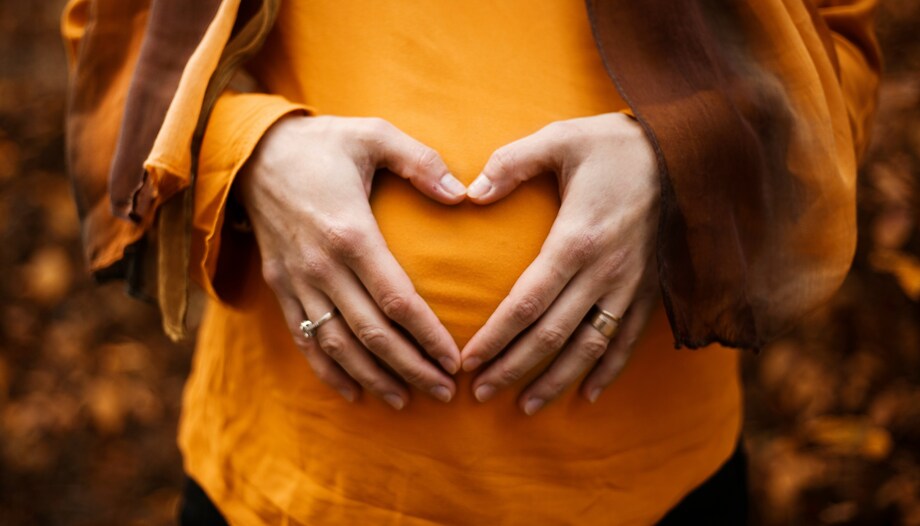Amy SinclairIowa Senate President, in United StatesThe president, who has been fighting for years to defend life at all stages, affirms that "history will judge us for the barbarity of abortion. Many feel the same way, and they defended it in January in Washington and other capitals in the March of Life.
What will you think Amy now, when a large majority of the French parliament (780 deputies and senators "yes" against 72 "no") has approved in Versailles to introduce in the Constitution the "right" to abortion?
"Guaranteed freedom" to kill babies in the womb? Freedom to kill in a country that urgently needs to increase its birth rate, as recognized by its president Emmanuel Macron?
A new era of hope?
Gabriel Attal, French Prime Minister, said this March 4: "We are entering a fundamental stage that will be a historic page. A stage that has a history and precedents, which began with Valery Giscard d'Estaing and Simone Veil. France is sending a message to all women: your body belongs to you and no one has the right to decide for you. Beyond our borders, a new era of hope is beginning".
Of hope or of death? It was Giscard d'Estaing who said: ''As a Catholic I am against abortion; as President of the French I consider it necessary to decriminalize it''.
Abortion has been legal in France since 1975. The then Minister of Health, Simone Weil, had been skeptical, a year earlier, about the viability of embryos, justifying it: "No one doubts anymore that, from a strictly medical point of view, the embryo definitely bears all the potentialities of the human being it will become. But it is only a future possibility, a fragile link in the transmission of life that will have to overcome many obstacles before it is brought to term".
Now, on behalf of Renaissance, Macron's party, the deputy Sylvain Maillard declared: "Through this constitutional reform, France confirms its universal vocation". And the truth is that after the result, the Eiffel Tower was illuminated in a special way in front of a crowd celebrating the vote festively.
Change of mentality: respect for life
Amy Sinclair believes that it is essential to legislate against abortion, but that it is also, and perhaps above all, necessary for society to change its mentality about respect for life and the intrinsic dignity of every human being.
We might now ask ourselves: Will the Statue of Liberty, a gift from the French people to the American people in 1886, continue to set the course for New York and the United States? Or will it be the path set by the Dobbsin which the Supreme Court American decreed that the Constitution does not grant the "right" to abortion?
Women traumatized and victims of a system
Will we still have to see headlines like this one in a major Spanish secular newspaper: "France is at the forefront of the world's defense of the freedom to abort by enshrining it in its Constitution". Freedom to abort? Freedom to kill?
Every woman knows what an abortion is. The world is increasingly full of post-abortion traumatized women, many of whom regret it. But it is possible to see the light after an abortion, says the Spaniard Leire NavaridasShe is a woman who has had an abortion and does not want to criminalize women, because women who have had abortions "are victims of a system that forces us to have abortions".
Indeed, there has been "a whole "social engineering" for decades, supported by the abortion industry, which "never focuses on violence against the unborn, but on the right to decide," he denounces. A living child is a parasite, an unbearable burden?
Freedom of conscience
We must take heart and defend conscientious objection as a fundamental right. International human rights instruments, from the Universal Declaration of Human RightsThe "freedom of thought, conscience and religion" (art. 18), as "part of the essential juridical patrimony of the person, which the State does not conduct graciously, but is obliged to recognize and protect" (art. 18).
Solvents experts recall the "Charter of Fundamental Rights of the European Union", when it "recognizes the right to conscientious objection", albeit "in accordance with national laws regulating its exercise".
Professors Navarro-Valls, Torrón and Valero state that "if it had been intended that the protection of conscientious objection depended on national laws, it would not make sense to have included it as a fundamental right in the European Charter".
"And let us remember that the Charter is not merely an expression of good wishes and recommendations for well-meaning governments, but a binding legal text for the Member States of the European Union." His analysis is written with euthanasia in mind, but it works just the same.
Some of us still believe in the power of law, and in religious traditions, religions, to which the Vatican appealed on the 4th. The Holy See's appeal was addressed "to all governments and religious traditions to do everything possible so that, in this phase of history, the protection of life becomes an absolute priority, with concrete measures in favor of peace and social justice".
This Sunday, March 10, a meeting has been called for a March in MadridThe slogan of the "Yes to life" campaign is "Yes to life". Others are already there to throw in the towel. Or is it agreed with genocide censored?








